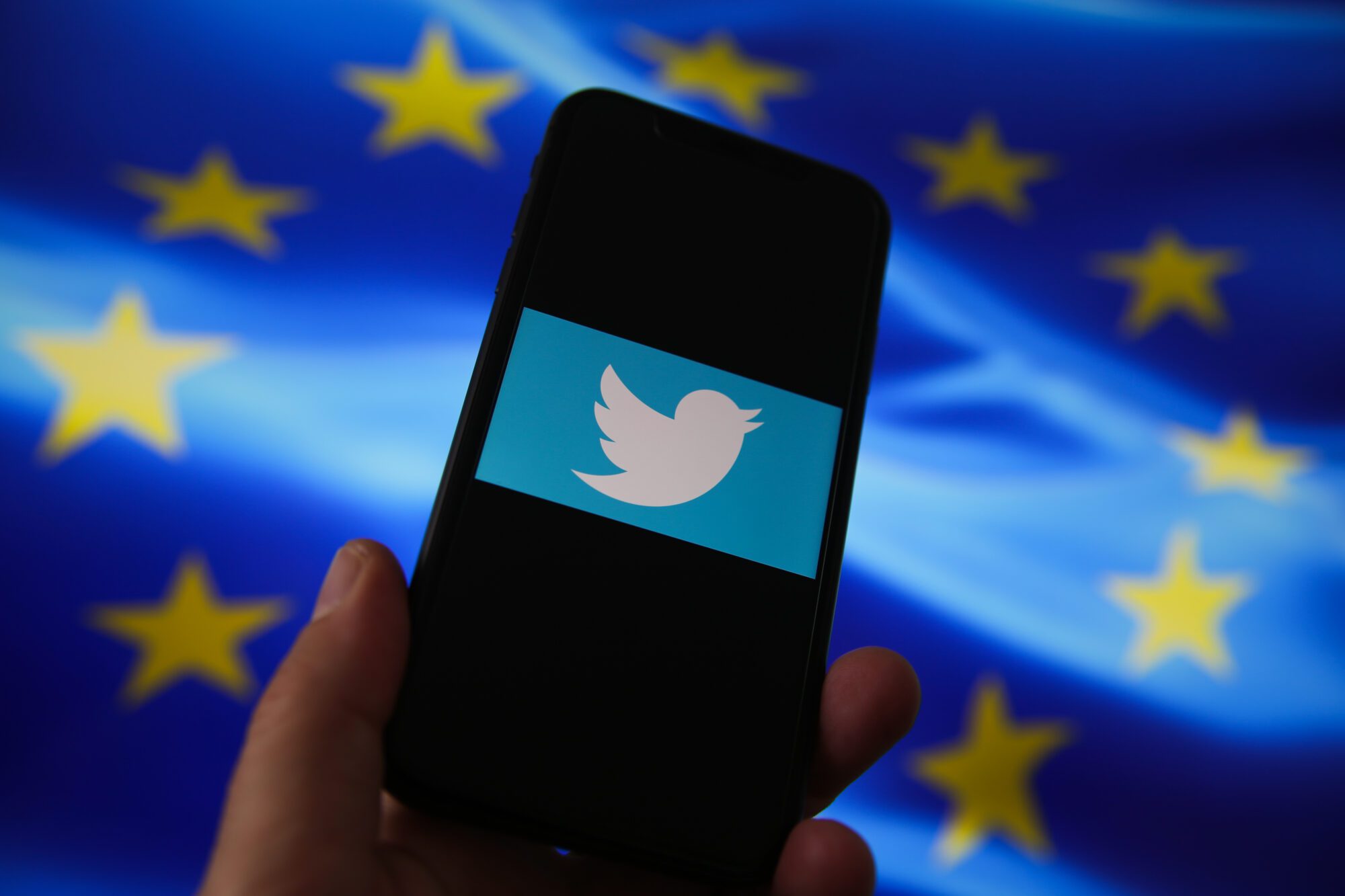
A top EU official has reportedly shot across Twitter’s bow, threatening to ban the Elon Musk-led company should it fail to stick to content moderation rules as enshrined in the Digital Services Act.
On Wednesday, November 30th, Thierry Breton, the European commissioner for the internal market, held a video call with Musk during which he conveyed how Musk should operate Twitter within the EU.
“There is still huge work ahead, as Twitter will have to implement transparent user policies, significantly reinforce content moderation and protect freedom of speech, tackle disinformation with resolve, and limit targeted advertising,” Breton told Musk, Reuters cited, in reference to a readout of that conversation provided by Breton.
“Musk and Breton agreed the EU will carry out a ‘stress test’ at Twitter’s headquarters in early 2023 to assess Twitter’s compliance with EU rules,” the news agency added.
A separate report, released by the Financial Times, cited “people with knowledge of the conversation,” mentioned that “Breton had told Musk that Twitter must adhere to a checklist of rules, including ditching an ‘arbitrary’ approach to reinstating banned users, pursuing disinformation ‘aggressively,’ and agreeing to an ‘extensive independent audit’ of the platform by next year.”
The FT article continued: “Musk was warned that unless he stuck to those rules Twitter risked infringing upon the EU’s new Digital Services Act,” reiterating that “Twitter could face a Europe-wide ban or fines of up to 6 percent of global turnover if it breached the law.”
Neither Breton, the EU Commission, nor Musk has made the information released in the press publicly available, however.
Musk reportedly told Breton that its rules are “very sensible,” hinting at a willingness to cooperate—which Breton confirmed in a Wednesday tweet.
I welcome @elonmusk's intent to get Twitter 2.0 ready for the #DSA🇪🇺
— Thierry Breton (@ThierryBreton) November 30, 2022
Huge work ahead still — as Twitter will have to implement transparent user policies, significantly reinforce content moderation and tackle disinformation.
Looking forward to seeing progress in all these areas. pic.twitter.com/Nc7sGlb9YL
The Digital Services Act (DSA) was approved in April 2022 and, according to a press statement released at that time, aims to set an “unprecedented new standard for the accountability of online platforms regarding illegal and harmful [an elastic term, depending who you ask] content.” Additionally, it says it will provide “better protection for internet users and their fundamental rights.”
The DSA requires large social-media companies to maintain systems for removing content that European national governments qualify as illegal, as well as processes to allow for appeals of unwarranted takedowns (of accounts), among other requirements. It also mandates regular outside audits of the companies’ processes.
In light of Musk’s professed adherence to free speech absolutism and the EU’s worsening allergy to open debate on an ever-increasing amount of topics, the road to peaceful co-existence could have its bumpy areas.
As the FT wrote, one of the EU’s key demands is that Musk “provides clear criteria on which users are at risk of being banned.”
While couched in innocuous terms that indicate a willingness to protect such accounts, Breton’s reminders of DSA’s regulations seem more like a thinly veiled excuse for the EU to influence Twitter policy—i.e., which kind of user is deserving of its continued use, and at which point of transgression the ‘account suspended’ button may be pushed.
Perhaps the EU is eyeing Musk because of his earlier decision to give Twitter’s user base the choice to restore or withold former U.S. President Donald Trump’s account. The polls outcome proved to be in favor of the move, though Trump has yet to breathe new life into his still fallow, 87.7-million-followers-strong account.
In an official blog post released the same day of the video call, Twitter said its “brand safety is only possible when human safety is the top priority.” To that end, it said, its approach to policy enforcement will rely more heavily on “de-amplification of violative content: freedom of speech, but not freedom of reach.”
Whether this “taking away the megaphone from some” approach will suffice for the EU, or for how long, only the future will tell.
